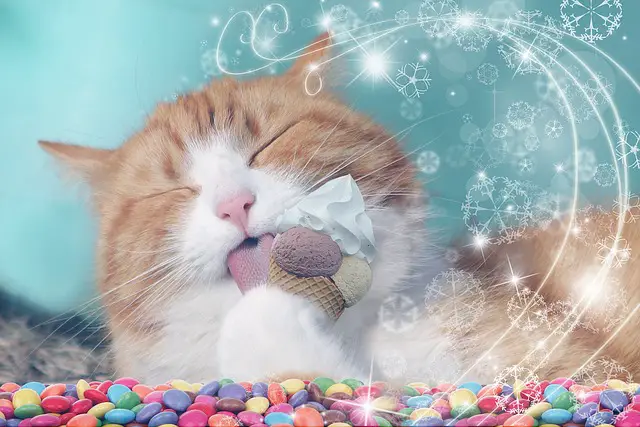
Contents
Can Cats Eat Ice Cream? – Introduction

The American Pet Products Association (APPA) has reported over 75 million cats in the United States. The average American pet owner spends around $1,000 on their pet yearly, and about 25% of those expenditures go towards food. That means Americans give their cats an average of one pound per day!
Is Ice Cream Safe For Cats? | Can Cats Eat Ice Cream?https://m.youtube.com/watch?v=yLi9_vTn2oI
Cats are carnivores and should not eat dairy products.
Ice cream is a highly high-calorie food with many ingredients that aren’t good for cats—and it’s not good for their health either!
Ice cream contains ingredients that can be harmful to cats. This is because cows’ milk is the most common ingredient in ice cream, which isn’t suitable for cats.
Cows’ milk has a high amount of lactose (a sugar) and casein (a protein), which can make your cat sick if they’re allergic or sensitive to it. Cats are not naturally equipped to digest these foods like humans are, so this can lead to diarrhea if your cat overeats ice cream at once!
Propylene glycol is used as an ice cream stabilizer and preservative.
Propylene glycol is used as an ice cream stabilizer and preservative. It’s found in many foods and beverages, including:
Liquid smoke
Alcoholic beverages (such as beer)
The National Toxicology Program at the U.S. National Institute of Environmental Health Sciences reports that propylene glycol may cause behavioral changes such as depression, hyperactivity, or aggression in cats if they ingest it in large amounts; however, there’s no conclusive evidence that propylene glycol causes cancer in humans or animals.
Propylene glycol is toxic to cats, especially if they ingest it in large amounts.
Propylene glycol is a toxic substance that can cause liver damage, kidney damage and heart failure. It’s also known to cause seizures, coma and death in cats.
If your cat has any of these symptoms (or if you suspect he might have ingested propylene glycol):
Vomiting
Blood in his vomit or stools
Weakness or lethargy
Polyethylene glycol mono-alpha-olefin (PEG) is a common ingredient in many foods and beverages that can harm cats if they consume too much.
This can include chocolate milk, ice cream, and other snack foods.
The toxicity of PEG for dogs has been well documented since the 1960s, but this does not mean that all dogs are sensitive to its effects! There has never been any evidence found that suggests that PEG ingestion causes any health problems whatsoever; however, some people choose not to feed their pets these products due to concerns about potential side effects such as intestinal upset or seizures caused by consuming too much at once.
The U.S. Food and Drug Administration (FDA) requires that labels of pet food state if the product contains any of the following substances or any combination thereof: soy protein, wheat gluten, meat by-products, or fish meal.
The FDA does not require manufacturers to list ingredients by specific names because these are considered “drugs” under federal law. This means that companies can use other ingredients instead of listed ones without having them be labeled as drugs themselves or subject to FDA regulation, as drugs would be with their unique labeling requirements.
Cats are sensitive to specific ingredients found in foods like ice cream, so avoid giving them treats that contain those ingredients.
Ice cream is a treat that cats love, but it’s also high in fat and sugar. This can be dangerous for your cat if they’re not used to eating ice cream or similar treats. If you want to give your cat some ice cream, it’s best to make sure they’re used to eating it first by giving them small amounts and then increasing their serving size over time.

Conclusion
Cats can eat ice Cream, but they should be careful. Cats are sensitive to specific ingredients found in foods like ice cream, so avoid giving them treats that contain those ingredients.
More Links:
Is It Possible to Crossbreed A Cat and A Dog? https://adoptanim.com/is-it-possible-to-crossbreed-a-cat-and-a-dog/


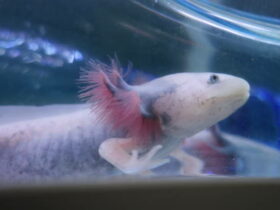
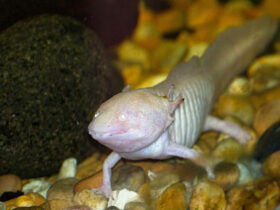
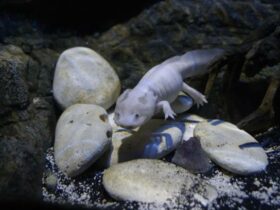
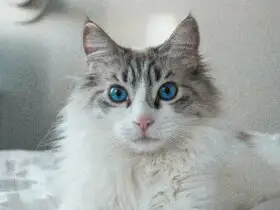



Leave a Reply